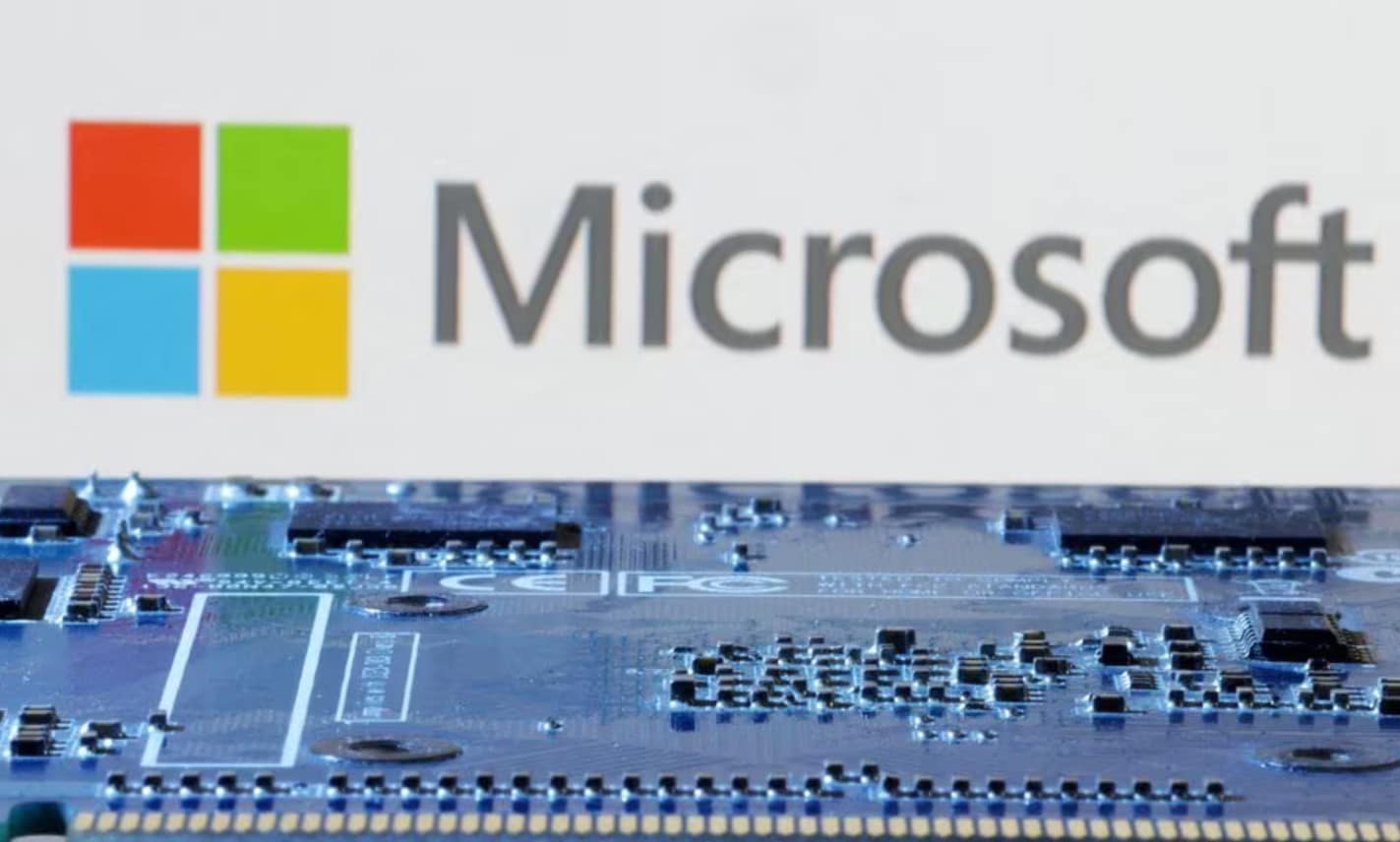Microsoft Highlights Google’s Generative AI Dominance to EU Regulators
In a recent submission to the European Commission, Microsoft (MSFT.O) has pinpointed Alphabet’s (GOOGL.O) Google as having a significant competitive edge in the burgeoning field of generative artificial intelligence (AI). This edge, Microsoft argues, stems from Google’s vast data resources and AI-optimized hardware, intensifying the rivalry between these tech behemoths.
The discourse from Microsoft emerged during a consultation initiated by the European Commission in January, which aimed to assess the competitive landscape of generative AI. This technology, which includes Microsoft-backed OpenAI’s ChatGPT and Google’s Gemini chatbot, has been rapidly gaining traction for its ability to produce human-like text responses. However, it has also raised alarms over potential misinformation and the propagation of fake news.
“Today, only one company – Google – is vertically integrated in a manner that provides it with strength and independence at every AI layer from chips to a thriving mobile app store. Everyone else must rely on partnerships to innovate and compete,” Microsoft conveyed in its report. The tech giant underscored Google’s advantage through its in-house AI semiconductors and exclusive access to massive datasets from its Search Index and YouTube, which are crucial for training advanced AI models like Gemini.
Microsoft also highlighted the strategic positioning of voice assistants such as Google Assistant and Apple’s Siri. These platforms could potentially transform into leaders in the generative AI space, leaving new market entrants at a disadvantage.
In response to Microsoft’s assertions, a spokesperson for Google countered by emphasizing the company’s commitment to openness with Google Cloud and criticized competitors for their history of customer lock-in practices.
Amidst scrutiny from EU antitrust regulators over its substantial investment in OpenAI, Microsoft defended the role of partnerships and investments in fostering innovation within the AI industry. It cited examples like Anthropic, backed by Google and Amazon; Mistral, with Microsoft’s 15 million euro investment; and Cohere, supported by Salesforce and Nvidia.
Microsoft concluded by advocating for pro-competitive collaborations as a means to prevent excessive vertical integration that could lead to unfair market dominance. As the debate over AI’s future intensifies, industry players and regulators alike are closely monitoring these developments.
Follow the Cyprus Mail on Google News





